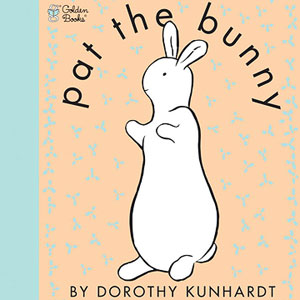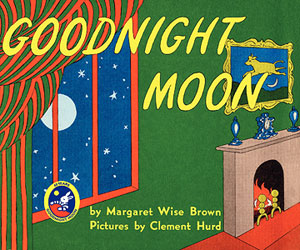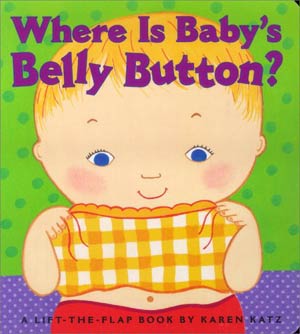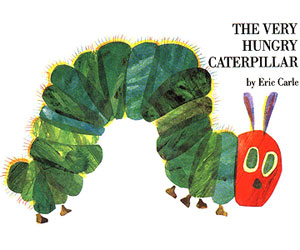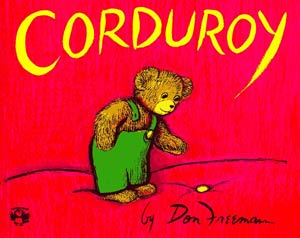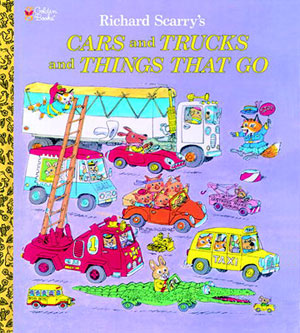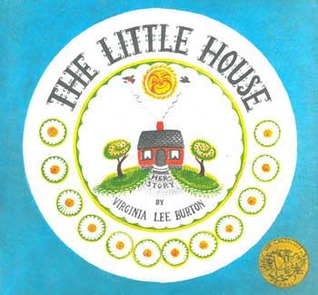Will that toy you’re considering stretch your child mentally, making them think and be more creative? Can it be used in different wys? Will it engender cooperation, empathy, a desire to learn more?
Or does the toy do too much? Does it simply entertain? Is there only one way to use it? Is it just something to get? Did your kids ever really play with Ferbie? Is it tactile, does this toy cause children to grow up too fast? Does it agree with your values about what’s important?
A good toy makes sure that the child does the playing that requires them to use their imaginations and interact with others.
Research shows that when children are involved in creative play their play lasts longer, is more focused, involves more children, and they cooperate more. They become more socially competent. Creative play develops focused attention, memory, logical reasoning skills, language and literacy, the ability to reflect on one’s own thinking and to take another’s perspective.
What’s so wrong with electronic toys?
They don’t engender creative play, they’re highly addictive and make life too simple. Is your child frustrated or bored? Just push this button.
Remember tick tack toe, jacks, pick up sticks? The classic toys. Blocks, Connect 4, weaving looms? The big toy companies can’t make money on these simple toys.
A good toy:
* Expands the child
* Engages the child
* Is age appropriate


















